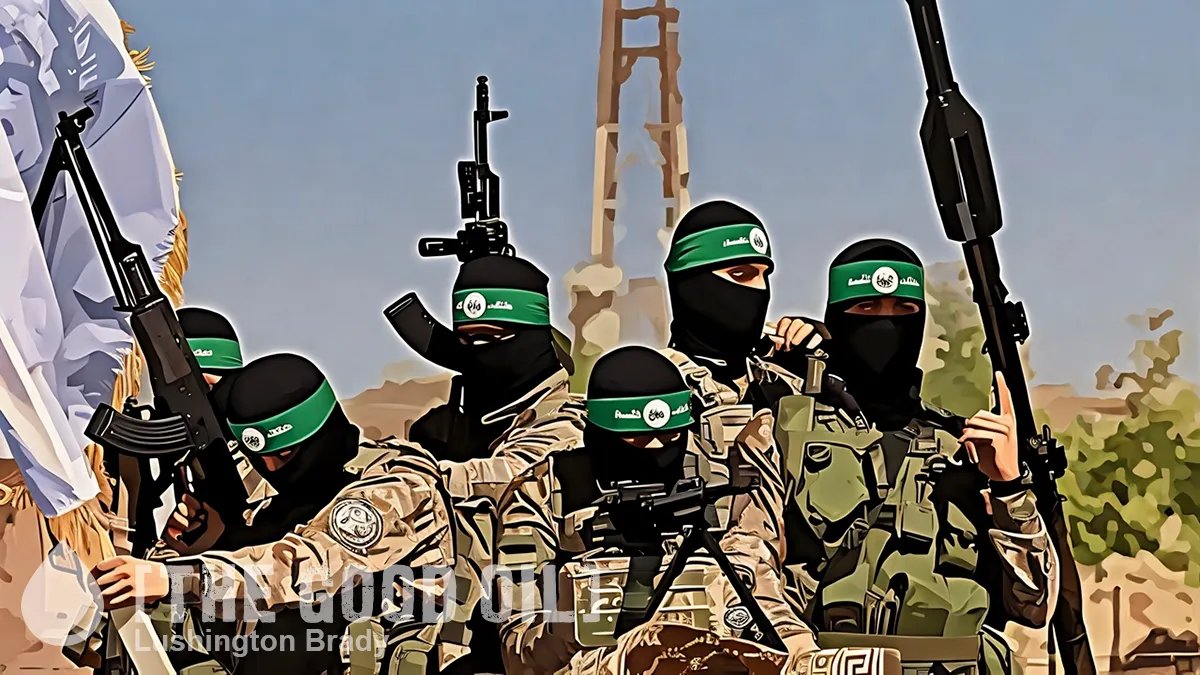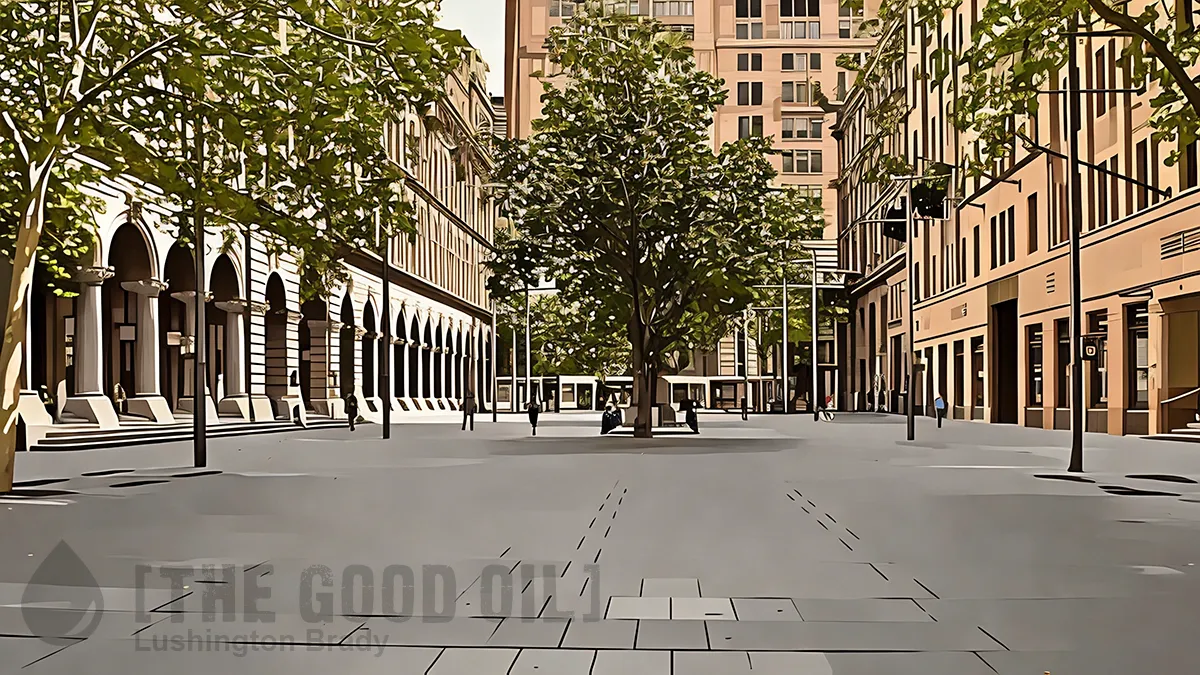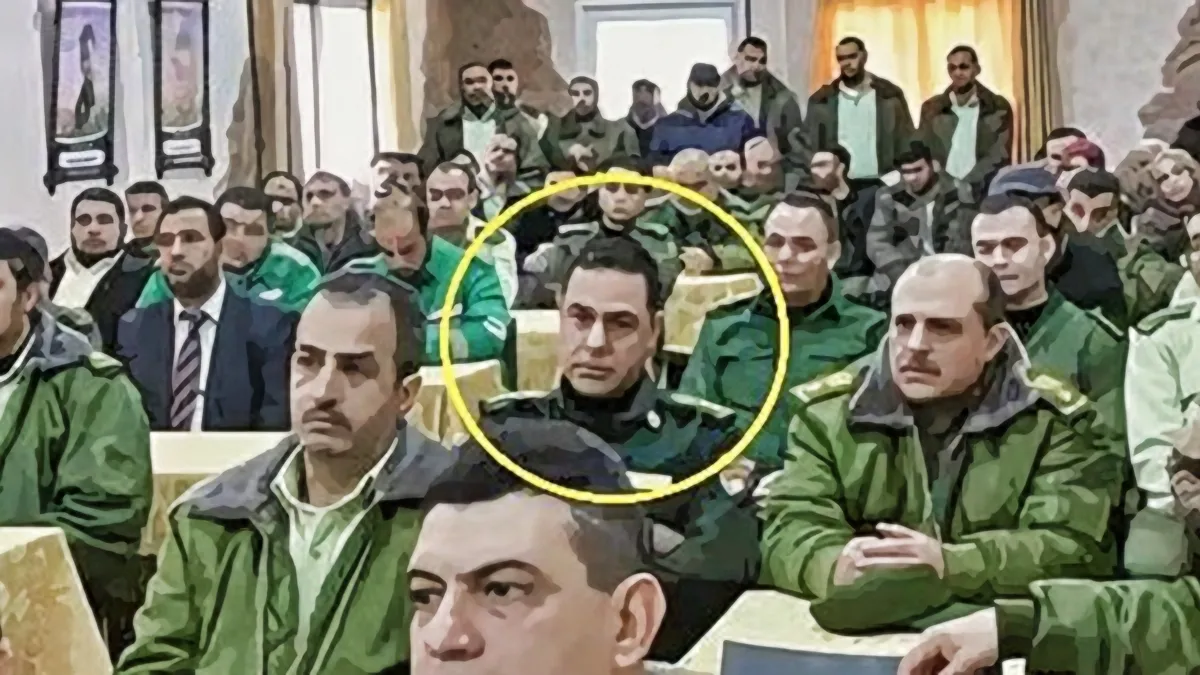Table of Contents
As naked anti-Semitic hate rages and marches by the tens of thousands in Sydney, Melbourne, Auckland and Wellington, the eagle-eared inquisitors who’ve been able to hear a so-called “dog whistle” at one hundred paces have suddenly gone stone deaf. They’ll know hate when they see it, they say — but they can’t see the hate when Muslim community representatives blame Jews for the Christchurch massacre, or when Chloe Swarbrick screeches the genocidal war cry of Hamas.
As for Byron C. Clark: the so-called “extremism” expert (who apparently is so great at spotting actual extremism that he was, he says, totally unaware that he was fundraising for a proscribed Palestinian terror group), surely he’s on the case as anti-Semitic extremism skyrockets on social media?
Well, no — he’s too busy retweeting Hamas propaganda.
Which is apparently keeping him far too occupied to notice as violent anti-Jewish extremism spirals out of control in a manner not seen since Kristallnacht.
In the weeks following the Hamas atrocities in Israel, Decoding Antisemitism has analysed over 11,000 social media comments posted on You Tube and Facebook in the UK, Germany and France. Last week the project published a preliminary report on their findings, Celebrating Terror: Antisemitism online after the Hamas attacks on Israel. The analysis was restricted to mainstream news stories reporting directly on the Hamas attacks, i.e. prior to any Israeli military response. The results were striking: they suggest a significant radicalisation of online discourse about Israel, Israelis and Jews. Taking the corpus as a whole, the levels of antisemitic comments was generally higher than in previous escalation phases of the Middle East conflict (such as the May 2021 conflict between Israel and Hamas). In some threads, antisemitic comments accounted for 50 per cent or even 60 per cent of the total. This is a dramatic leap from the previous average of 10–15 per cent of antisemitic comments on the French and 20–25 per cent of antisemitic comments on the UK side in Israel-related topics.
You’d think this would all be just the sort of thing an “extremism expert” would be all over. Instead, he’s frantically denying that Hamas’ war-cry is an explicit call to genocide of Israel.
And when a synagogue in Auckland is firebombed? Clark’s frenetically tweeting about so-called “attacks on mosques” in Germany.
Even in the days following the horrific Hamas pogrom in southern Israel, Clark parrotted on about the “colonisation of Palestine in 1948”, and deny Palestinian terrorism.
These are all common tropes of online anti-Semitism.
In previous studies related to the Arab-Israeli conflict, classic antisemitic distortions (e.g. that Israel is inherently evil or controls the world), history-distorting analogies (that Israel is a colonial, apartheid or even a Nazi state) have frequently combined with a more or less open denial of Israel’s right to exist.
In the hundreds of tweets and re-tweets Clark has made since October 7, there is barely a handful that expresses even the most cursory sympathy for the beheaded, raped, murdered, dismembered and burned alive of Israel. But there are repeated demands that New Zealand import the sort of people who’d cheered as the mutilated, raped corpse of Shani Louk was paraded in the streets of Gaza, and teenage Israeli girls were burned alive.
To damn him with faint praise, Clark at least isn’t joining in the bellowing, open hate of his “pro-Palestinian” chums.
The analysis found a substantial rise in the number of comments directly celebrating, affirming and glorifying the Hamas attacks, or calling for further attacks through the use of threats and death wishes. Furthermore, the number of direct affirmations of violence rose in threads responding to stories directly reporting, often in graphic details, on the attacks on Israelis, compared with those about the conflict more generally. In short, news stories where the commenters could have been in no doubt about the horrific nature of the violence on Israeli civilians stimulated a greater antisemitic response.
As Douglas Murray observed, even the Nazis were ashamed enough of what they did that they endeavoured to keep it a strict secret. Hamas, by contrast, glories in its atrocities. And their disgusting sympathisers in the West are openly joining in the gleeful chorus. When Muslims in Sydney set off fireworks to celebrate the worst mass murder of Jews since 1945, a high-profile Muslim leader gleefully declared that he was “elated”.
In the UK corpus, examples of clear affirmation and support for the attacks included comments such as: ‘Long overdue’ (BBC YouTube), ‘The Palestinians are finally fighting back’ (Guardian YouTube), ‘Good job Palestine,’ ‘Go on lads!’ (Time YouTube), ‘So happy to see justice finally ?’ (Times YouTube). Other commenters celebrated the ‘Amazing scenes coming from Gaza long live Palestine’ (Independent Facebook), ‘Very Weldone Hamas…done great job…We fully support and Stand with Hamas… ???????’ (Telegraph Facebook), ‘more power to ham.as’ (BBC Facebook), ‘Joyful ? About time they taste it’ (Telegraph Facebook). Additionally, comments affirmed violence in combination with other speech acts, such as curses and death wishes directed at Israel: ‘They deserve 60 years of this not only a day! Then we will have peace perhaps’ (Times YouTube). Comments also used puns or allusions to indiscriminately reject all Jews, rather than just Israelis or the territorial conflict: ‘JURN THE BEWS’ (Guardian YouTube); ‘The Palestinians will complete the job that the Austrian painter started’ (BBC YouTube) […]
This pattern – with direct affirmations of the violence being the most common antisemitic response to reports of the atrocities – was replicated in both the German and French studies.
Fathom
And in “Aotearoa”? Well, “Aotearoa/New Zealand’s” very own online extremism “expert” doesn’t seem much interested in doing anything except constantly clanging the “pro-Palestinian” bell.
We’ll know it when we see it, they said.
The only problem is that they’re turning a blind eye to what they don’t want to see.









